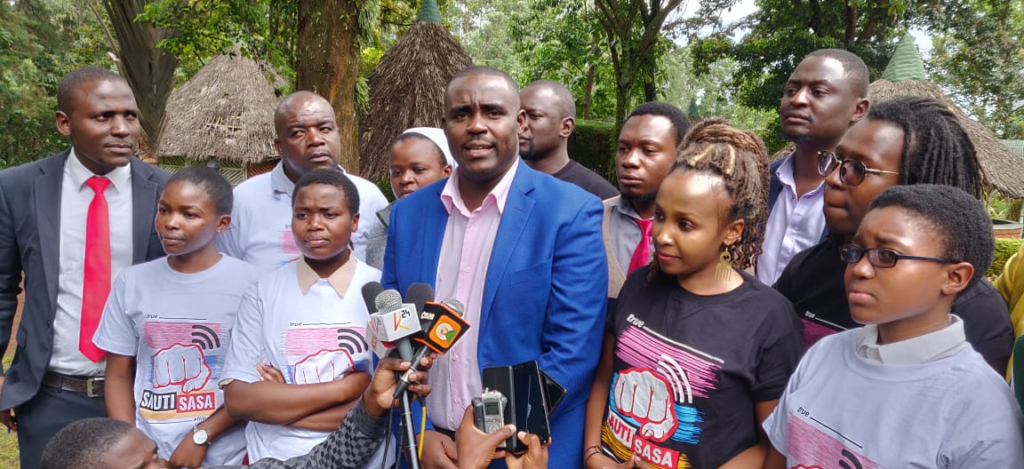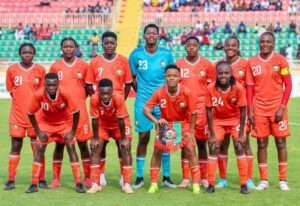
| Abigael Wanyama |
Since 2020, over sixty thousand cases of child pregnancy have been reported in Bungoma county, with parents being heavily criticized for embracing home justice systems known as kangaroo courts, which deprive children of their rights.

Following a campaign for high school and primary school boys from Kakamega and Bungoma counties, children’s rights advocates emphasize that involving men is one of the most effective ways to prevent early pregnancy. Led by Laura Doresi of the Master Card Foundation, they also highlight the significant contribution of outdated traditions to the prevalence of child pregnancy, particularly during the circumcision season.
The alarming number of child pregnancies in Bungoma county has sparked outrage and calls for action from various organizations and advocates for children’s rights. The use of kangaroo courts by parents to handle cases of child pregnancy has been heavily criticized, as it often leads to the denial of justice and protection for the children involved.
In response to this crisis, a campaign targeting high school and primary school boys in Kakamega and Bungoma counties has been launched. The campaign aims to educate boys about the importance of respecting and protecting the rights of girls, as well as the consequences of early pregnancy. Children’s rights advocates believe that involving men in the conversation is crucial in preventing child pregnancies and promoting gender equality.

Laura Doresi, a prominent advocate for children’s rights from the Master Card Foundation, has emphasized the role of outdated traditions in contributing to the prevalence of child pregnancy in the region. She points out that during the circumcision season, young girls are often forced into early marriages or relationships, leading to unintended pregnancies.
Overall, the efforts of advocates and organizations in addressing the issue of child pregnancy in Bungoma county are crucial in protecting the rights and well-being of children in the region. By raising awareness, challenging harmful traditions, and involving men in the conversation, progress can be made towards preventing child pregnancies and ensuring a safer and more equitable future for all children.






